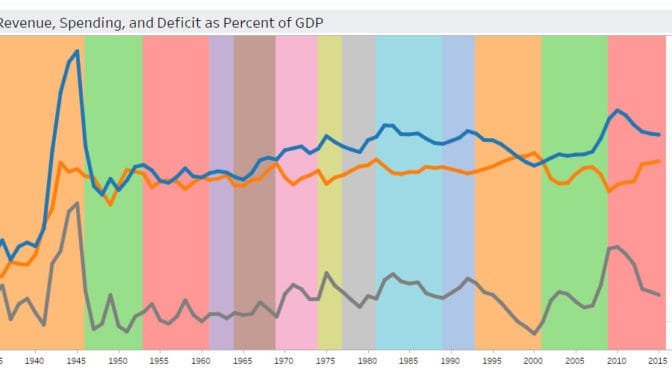Category: Politics
-

Kris Kobach at Wichita Pachyderm Club
Kansas Secretary of State Kris Kobach addressed members and guests of the Wichita Pachyderm Club on Friday June 9, 2017, the day after he announced his candidacy for Kansas Governor in 2018.
-

Kansas Special Congressional Election
An interactive map of voting in the special congressional election in Kansas district 4, for Sedgwick County only.
-

Kansas school employment
Kansas school employment rose slightly for the current school year, and ratios of employees to pupils fell, also slightly.
-

In Wichita: ‘The Future of News in Our Digital Age’
New Symposium’s next event is on January 31. This event is a public forum on the topic “The Future of News in Our Digital Age.” It is a panel discussion with audience interaction.
-

Kansas schools, right in the middle
A national report shows Kansas schools close to the middle of the states in many areas.
-

Year in Review: 2016
Here are highlights from Voice for Liberty for 2016. Was it a good year for the principles of individual liberty, limited government, economic freedom, and free markets in Wichita and Kansas?
-

State pension cronyism
A new report details the way state pension funds harm workers and taxpayers through cronyism.
-

From Pachyderm: 2016 general election analysis
From the Wichita Pachyderm Club this week: A panel discussion on the results of the 2016 general election.
-

National economic statistics
Gross Domestic Product and spending, in an interactive visualization.
-

From Pachyderm: Alan Cobb from the Donald Trump campaign
From the Wichita Pachyderm Club: Alan Cobb, who is National Coalitions Director for the Trump/Pence presidential campaign.
-

From Pachyderm: Radio Host Joseph Ashby
From the Wichita Pachyderm Club this week: Radio Host Joseph Ashby, host of The Joseph Ashby Show. His talk focused on the administration of Kansas Governor Sam Brownback.
